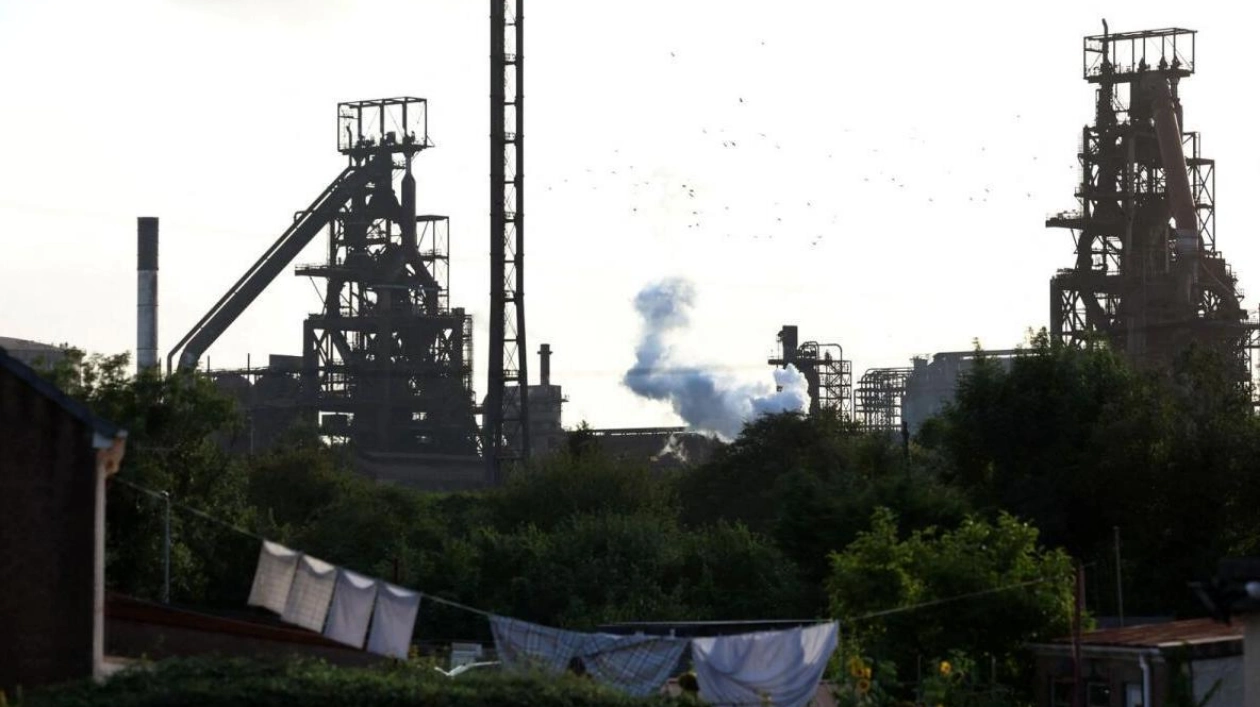Britain's largest steelworks is set to cease production later today, marking the end of an era as the final blast furnace at Port Talbot in Wales closes its doors after over a century of steel production. This closure will result in the loss of nearly 3,000 jobs. The shutdown of the last blast furnace at Port Talbot, once Europe's largest steelworks, symbolizes the culmination of decades of decline in the British steel industry, which has faced significant challenges in competing with low-cost imports.
The scale of the industry's struggle is evident in the financial losses experienced by Tata Steel, an India-owned company, which was losing 1 million pounds daily before initiating the shutdown process. The Tata Steel-owned site is now embarking on a three to four-year decarbonization plan aimed at constructing an electric arc furnace. This 1.25 billion pound project, supported by 500 million pounds of British government funding, will produce steel from scrap metal. This transition aligns with Britain's broader goal of achieving net zero emissions, reshaping the country's industrial landscape.
In a parallel development, central England's last coal-fired power plant is also scheduled to close today, marking the end of over 140 years of coal-powered energy production. The Steelworkers union, Community, has described the closure of the final blast furnace as 'the end of an era' and a 'deeply sad and poignant day.' Meanwhile, British Steel, a Chinese-owned company, continues to produce virgin steel at its two blast furnaces in Scunthorpe, northern England. However, it is in discussions with the government about transitioning to cleaner manufacturing processes.
The British government has pledged to invest 2.5 billion pounds in the steel industry and plans to unveil a strategy next Spring to bolster the sector. The shift to electric steelmaking is anticipated to reduce Britain's carbon emissions by 1.5%, as Port Talbot's coal-fired plant is the country's largest single carbon emitter.






